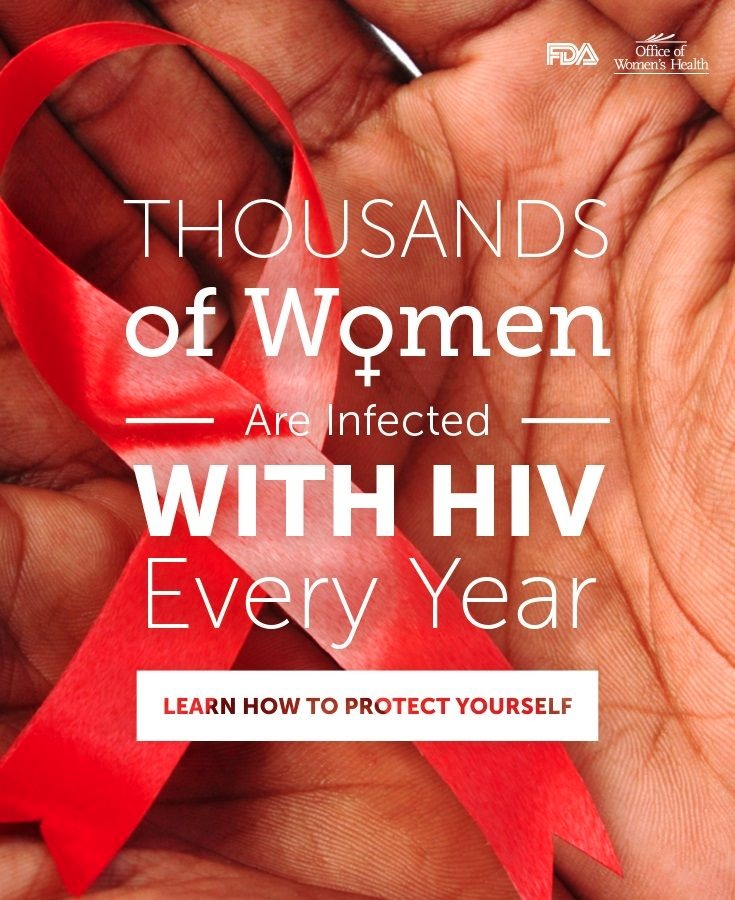March 10 is National Women and Girls HIV/AIDS Awareness Day, sponsored by the Department of Health and Human Services’ Office of Women’s Health. The theme, The Best Defense Is a Good Offense, calls women to take effective steps to protect themselves and others from HIV. This day is an opportunity to join partners across the nation and take action to ensure women have the knowledge and tools needed to prevent HIV.
HIV is often characterized as a disease that overwhelmingly affects gay and bisexual men, subsequently obscuring the significant and unique risks experienced by women. In truth, 27 percent of all new HIV cases are attributed to women, making HIV/AIDS the leading cause of death worldwide for women aged 15-44. Women are subjected to various institutional barriers that escalate the risk of infection and prevent access to treatment.
On National Women and Girls HIV/AIDS Awareness Day, it is imperative that we recognize the threat of HIV facing women of all ages, encourage steps towards ending the epidemic among women, and empower women to affect the global response to HIV.
Interesting Facts To Know About HIV/AIDS In Relation To Women & Girls
1. New HIV infections among children in Malawi declined by 67% and by over 50% in Botswana, Ethiopia, Ghana, Mozambique, Namibia, South Africa and Zimbabwe. By contrast, Nigeria only achieved a 19% fall and accounted for a quarter of new HIV infections among children in Global Plan priority countries in 2013 (51,000 cases).
2. The Ghana AIDS Commission has revealed that the Greater Accra region still has the highest HIV/AIDS prevalence rate in the country.
3. Ghana’s HIV prevalence rate continues to decline as it currently stands at 1.37 with women making 57 percent and 43 percent made up of men.
4. Among the respondents, 78 percent of men and 52 percent of women had never been tested. A survey conducted among people between 15-49 revealed that overall, one percent of the women reported that they had had two or more partners in the past 12 months, while among the women who had two or more partners in the past 12 months, 11 percent reported using a condom during their last sexual intercourse.


Antoine Mensah
March 10th, 2017 View Profile